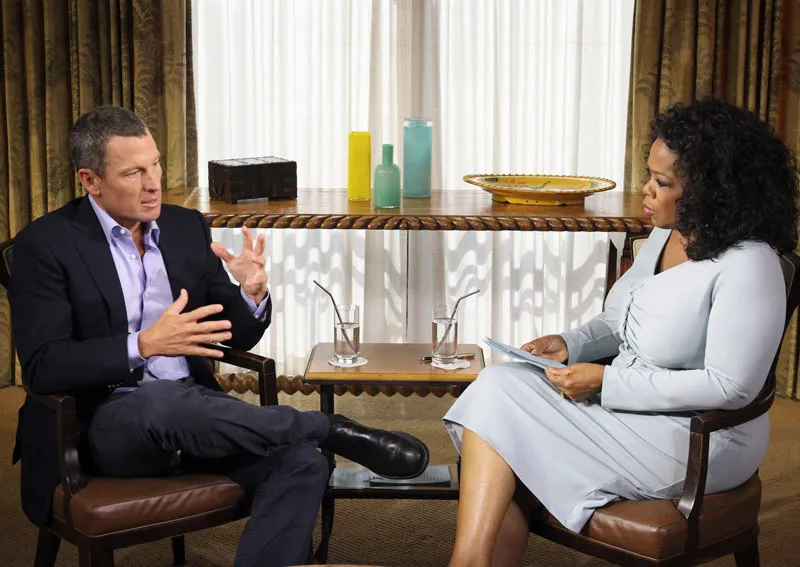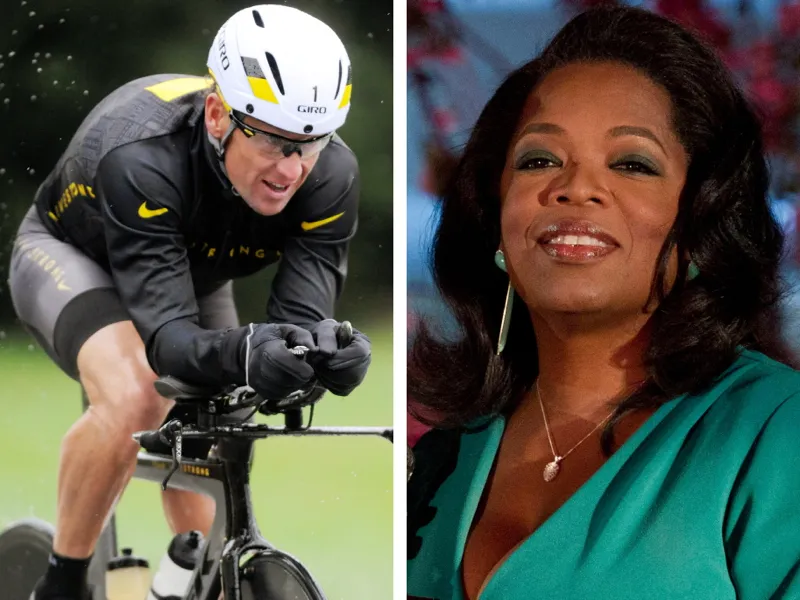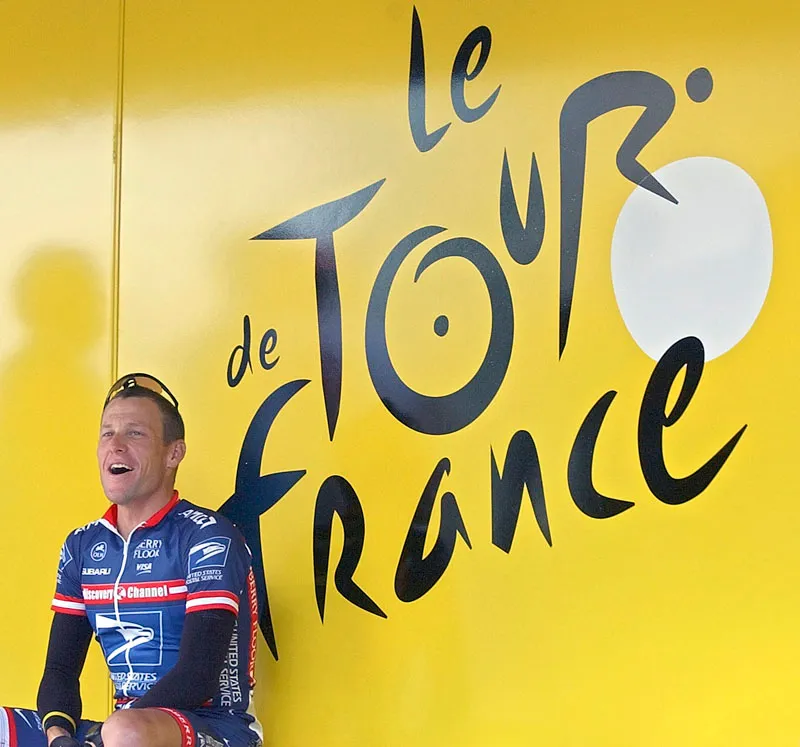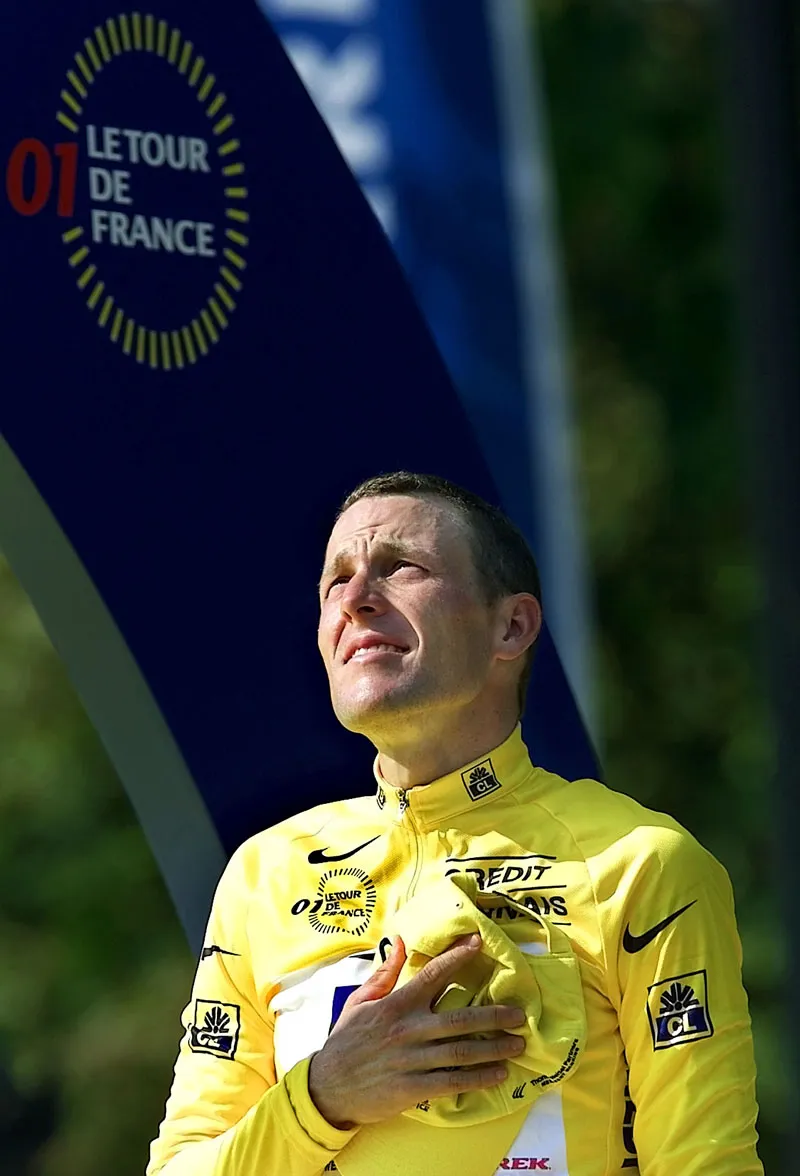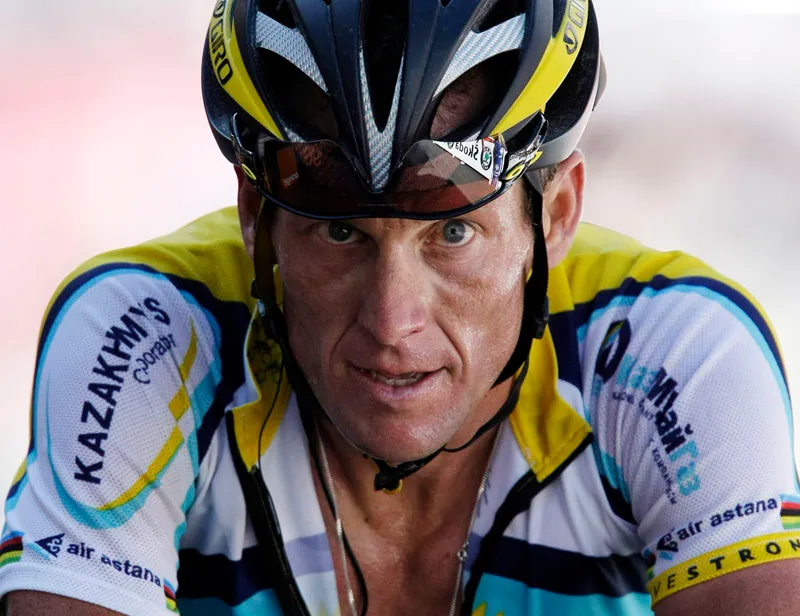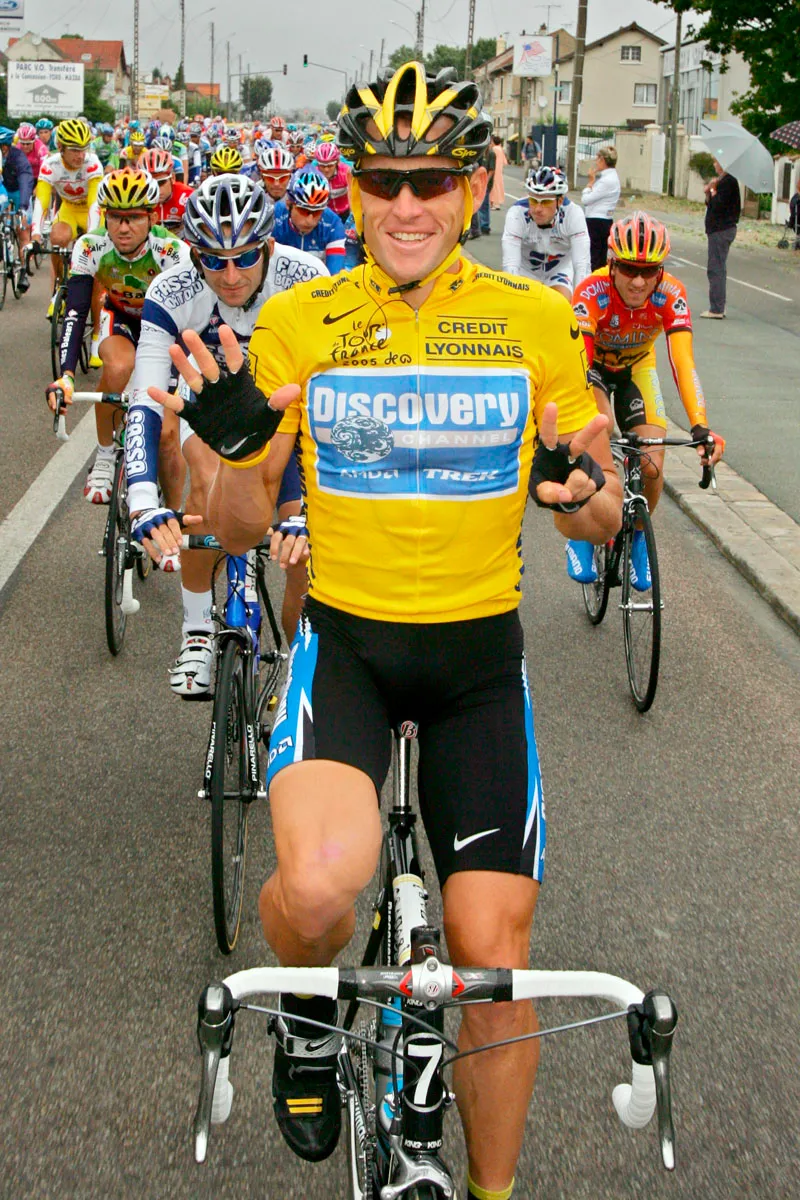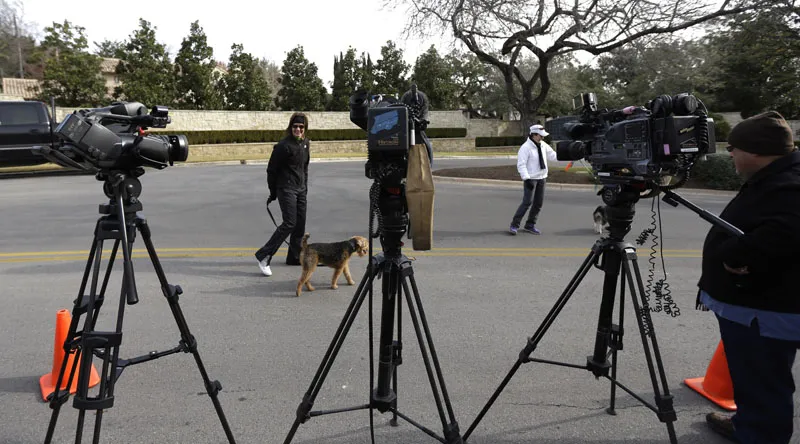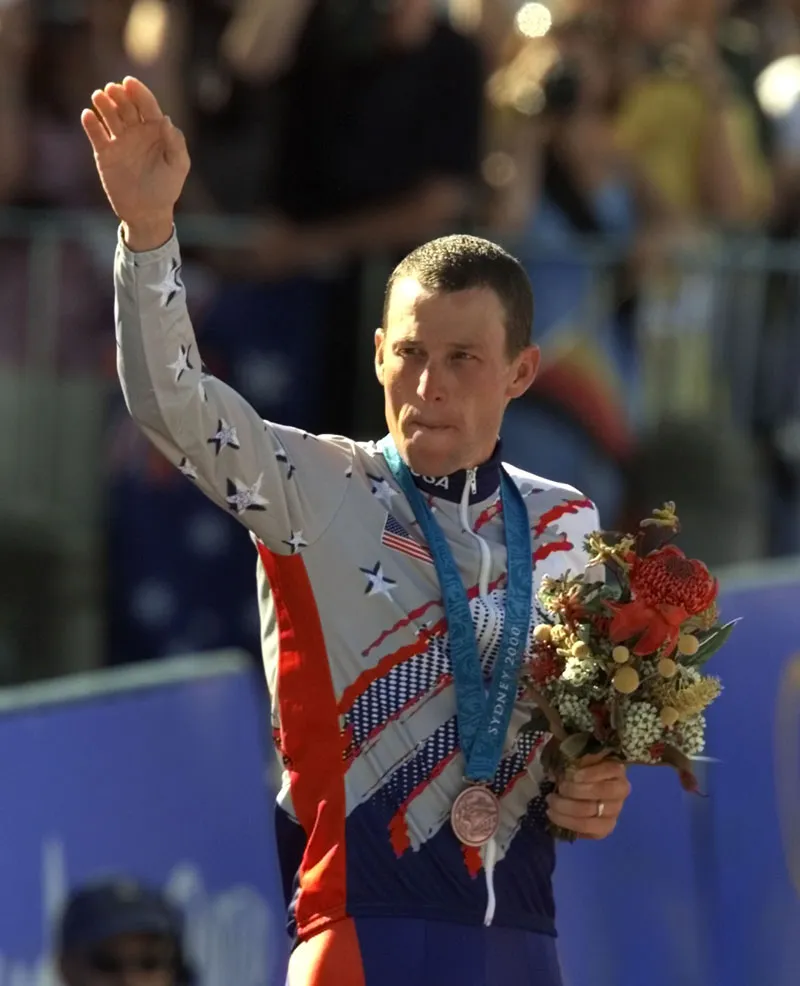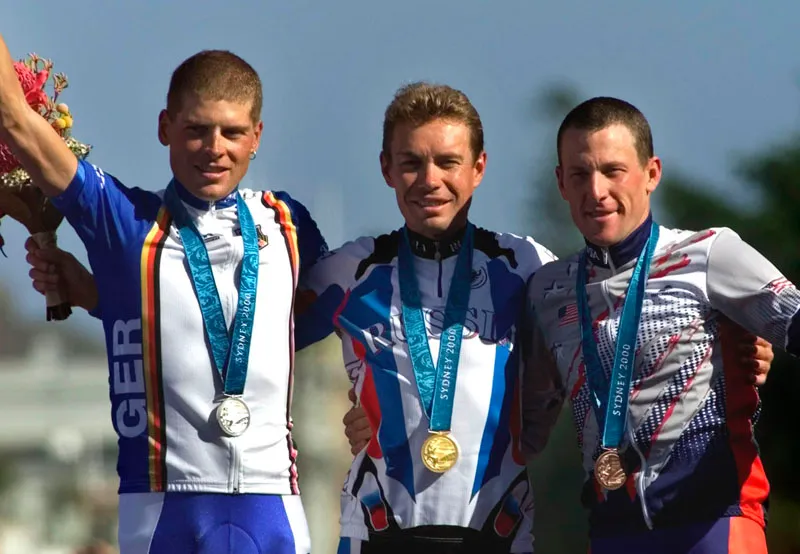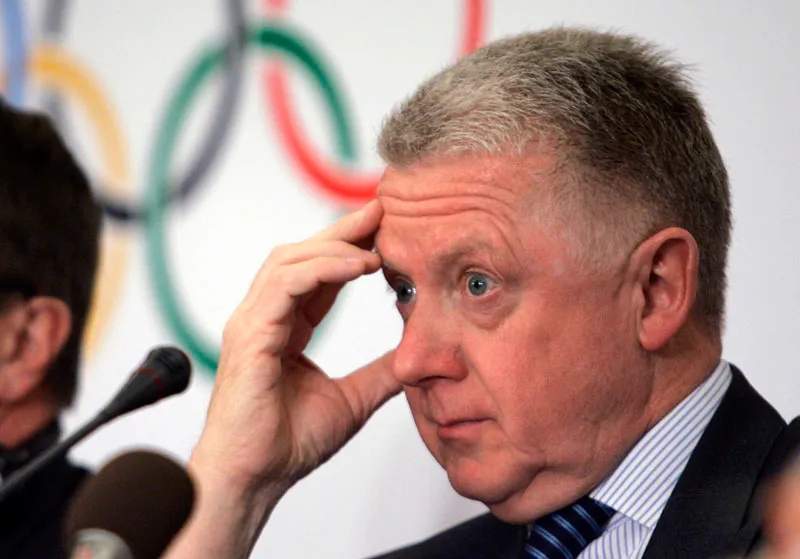This article was originally published on Cyclingnews.com.
Lance Armstrong has told Oprah Winfrey that not only did he use EPO and blood dope throughout his career, but that it was also impossible to win seven Tours de France as he did, without drugs.
In the opening minute of questioning, described by Winfrey as "no hold barred, no conditions... an open field", Armstrong admitted to the use of cortisone, EPO, Human Growth Hormone, Testosterone and blood doping.
Asked why he was confessing now after years of denials, the 41-year-old said:
"That’s the best question, that’s the most logical question," he admitted. "I don’t know that I have a great answer. I will start my answer by saying that this is too late. It’s too late for probably most people and that’s my problem. I view this situation as one big lie that I repeated a lot it times."
Armstrong recorded the interview over two-and-a-half hours on Monday at a hotel in Austin, Texas. He was the focus of the United States Anti-Doping Agency's investigation which labelled the US Postal team's operation as "the most sophisticated, professionalized and successful doping program that sport has ever seen" on October 10, 2012. USADA stripped Armstrong of all results from August 1, 1998 when he declined to contest charges of doping in late August and handed the Texan a lifetime ban all of which was later ratified by cycling's governing body, the UCI.
Armstrong took issue with USADA's description of the systematic doping within the U.S. Postal team.
"It was definitely professional," he said. "It was definitely smart, if you can call it that but it was very conservative, very risk averse, very aware ... that one race mattered for me. But to say that the program was bigger than the East German doping program in the 80s, 70s and 80s, that's not true."
Unable to load media
Reactions to Lance Armstrong on Oprah
Front and centre with Armstrong in USADA's case, was the influence of Dr Michele Ferrari.
"I view Michele Ferrari as a good man. And I still do," he said.
"I'm not comfortable talking about other people, I'm not. It's all out there," when asked to expand on Ferrari.
"From the public's perception, standpoint? Sure [it was reckless to have been involved with Ferrari]. But there were plenty of other reckless things. In fact it would be a very good way to characterise that period in my life."
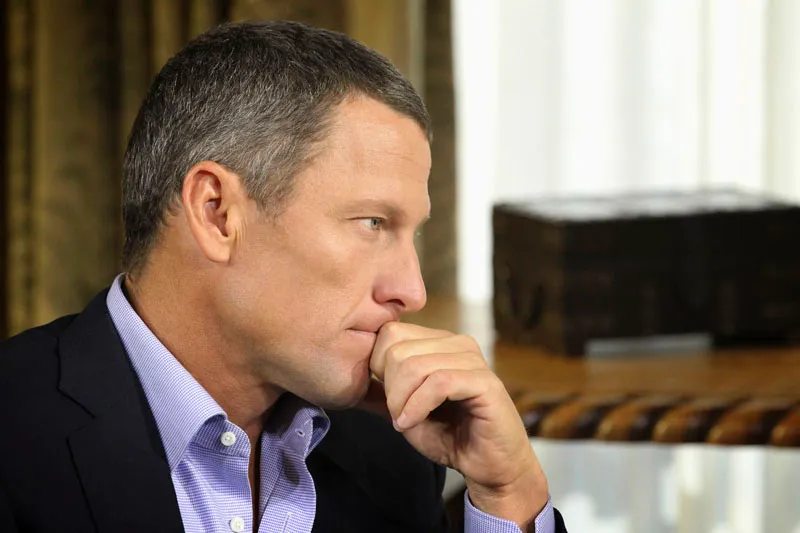
Armstrong listens intently during the interview
He also refuted claims made in the 'Reasoned Decision' that he was doping when he made his comeback in 2009.
"The last time that I crossed that line was in 2005," he stated.
Such a response from Armstrong is critical to the argument he and his lawyers used in the lead up to the release of the USADA report, whereby it was claimed that the Agency was pushing the boundaries of the statute of limitations.
The interview marks a turning-point for the 41-year-old having spent the last 15-years vehemently denying any allegations of his anti-doping violations and attacking his critics. Perhaps most memorably, upon winning his seventh Tour de France in 2005, Armstrong offered this from the podium on the Champs Elysees:
"And finally the last thing I'll say for the people who don't believe in cycling. The cynics, the skeptics. I'm sorry for you, I'm sorry that you can't dream big, and I'm sorry you don't believe in miracles."
Perhaps one of the loudest, most constant voices in the quest for Armstrong to tell the truth has been Betsy Andreu. She's long spoken of the events she saw take place in an Indiana hospital room in 1996 and became a target of Armstrong's in the process. In his SCA deposition in 2005, Armstrong denied that Andreu's claimed were correct.
In his interview, Armstrong, would not elaborate on whether Andreu's testimony was correct.
"I'm not going to take that on," he said. "I'm laying down on that one."
When Winfrey asked if his former teammate's wife was lying, Armstrong remained stoic.
"I'm just not. I'm going to put that one down."
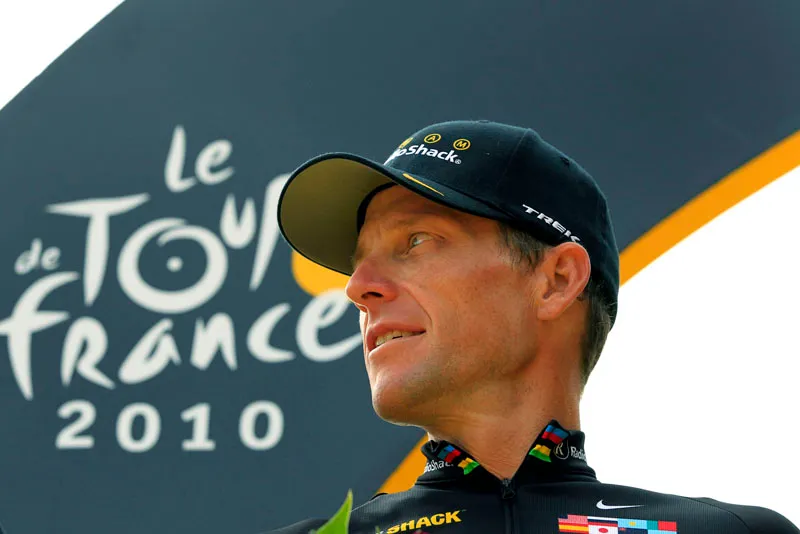
Armstrong said he competed clean during the 2009 and 2010 Tours de France
Armstrong did however reveal that he had recently reached out to the Andreu's in a 40 minute phone conversation.
"They've been hurt too badly," Armstrong said, when asked if they were 'at peace.' "A 40 minute conversation isn't enough."
Armstrong later also denied calling Andreu 'fat'.
Another of Armstrong's targets, Emma O'Reilly, was then bought up as a topic of conversation by Winfrey with the Texan admitting that there were no good feelings about the way the former soigneur had been treated.
"She's one of these people that I have to apologise to," he explained. "She's one of those people who got run over. Got bullied."
It was then pointed out that Armstrong had sued O'Reilly, prompting the following response.
"To be honest Oprah we sued so many people... I'm sure we did. But I have reached out to her and tried to make those amends on my own.
"I was just on the attack, Oprah," he said by way of explanation. "Territory of being threatened. Team being threatened. Reputation being threatened. I'm going to attack."
Symptom of Armstrong's constant denials that he doped throughout his career, was a personality that also did not believe that he would get caught. In his interview with Winfrey, he admitted that he both did not feel bad about what he did at the time.
"I viewed it as a level playing field," he said having deduced that after looking up the definition of cheat in a dictionary.
Armstrong did however concede, like many pundits on the issue in recent times, that he would not be in the position he is now, had he not made his comeback in 2009.
"I just assumed the stories would continue for a long time... we're sitting here because there was a two-year Federal investigation," he said. "Everybody involved in this story was called in. Subpoenaed, deposed. There was a man with a gun and the badge and the consequences are serious."
The closure of the Federal investigation into Armstrong became all the more concerning in light of the information within the USADA report. At the time of its sudden closure, a source for National Public Radio said there were 'no weaknesses in the case'.
Asked for his take on the case's demise, Armstrong said it had nothing to do with him.
"That's very difficult to influence."
The issue of Armstrong's donation to the UCI was also a topic of conversation with the Texan claiming that it was the sporting body which asked for the handout. Tyler Hamilton has claimed that the donation was in exchange for a cover-up of a positive test from the Tour de Suisse. Something else that Armstrong refuted.
"I'm going to tell you what's true and not true," he said. "That story isn't true. There was no positive test, there was no paying off of the lab there was no secret meeting with the lab director.
"This is impossible for me to answer this question and have anybody believe it. It was not in exchange for any cover up. And again I am not a fan of the UCI. I have every incentive to sit here and tell you 'yes, that's right.'"
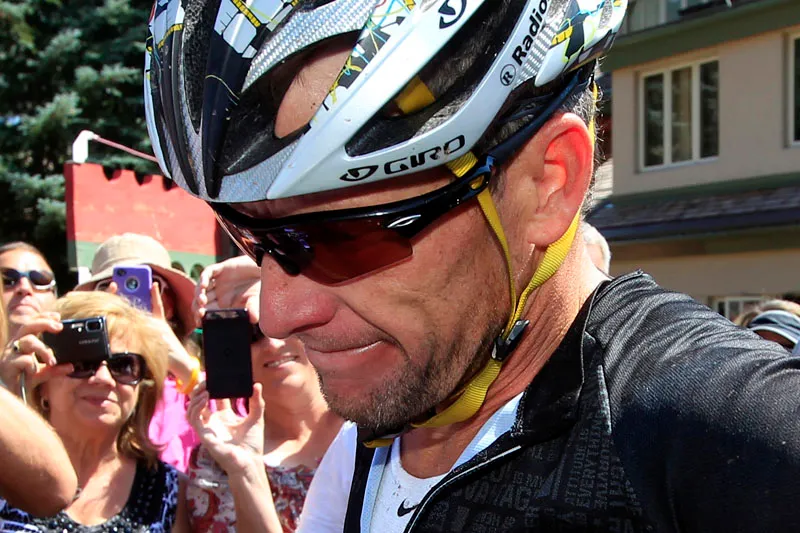
The Armstrong that sat down with Winfrey did profess to be sorry.
"I see the anger in people. Betrayal, it's all there. These are people that supported me, believed in me and they have every right to feel betrayed... I'll apologise to these people for the rest of my life."
He indicated that his road to forgiveness would not just stop with his interview.
"I love cycling. I really do," he said. "And I say that knowing that I sound like ... people will say that I've disrespected that event, the colour yellow, the sport, the jersey - I did.
I disrespected the rules, regardless of what anybody says of the generation. That was my choice. If I can, and I stand on no moral platform here. It's certainly not my place to say 'hey guys, let's clean up cycling.' If there was a truth and reconciliation commission - again I can't call for that. I've got no cred. But if they have it and I'm invited, I'll be the first man in the door."
The second part of the interview which will air tomorrow will cover the effect on Armstrong's sponsors, Livestrong and his family.
